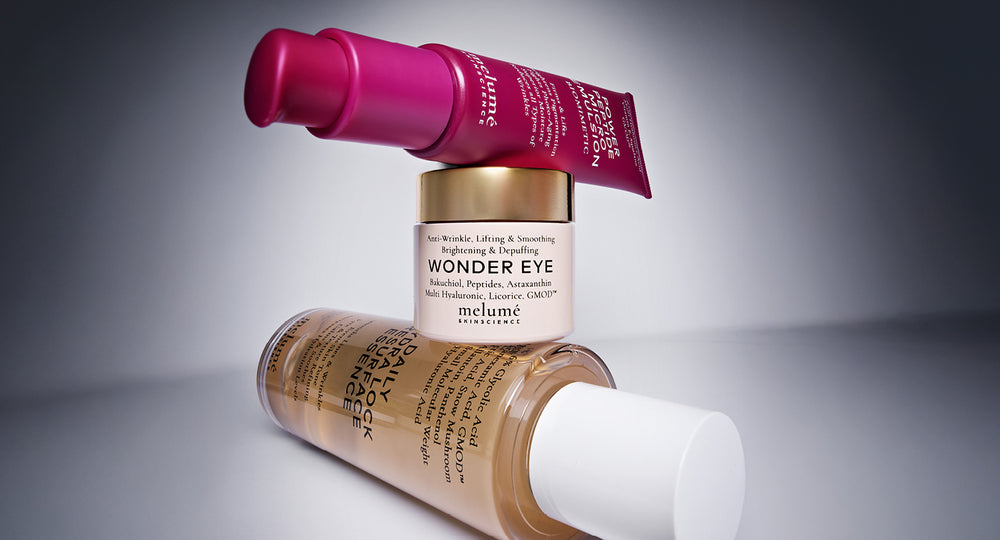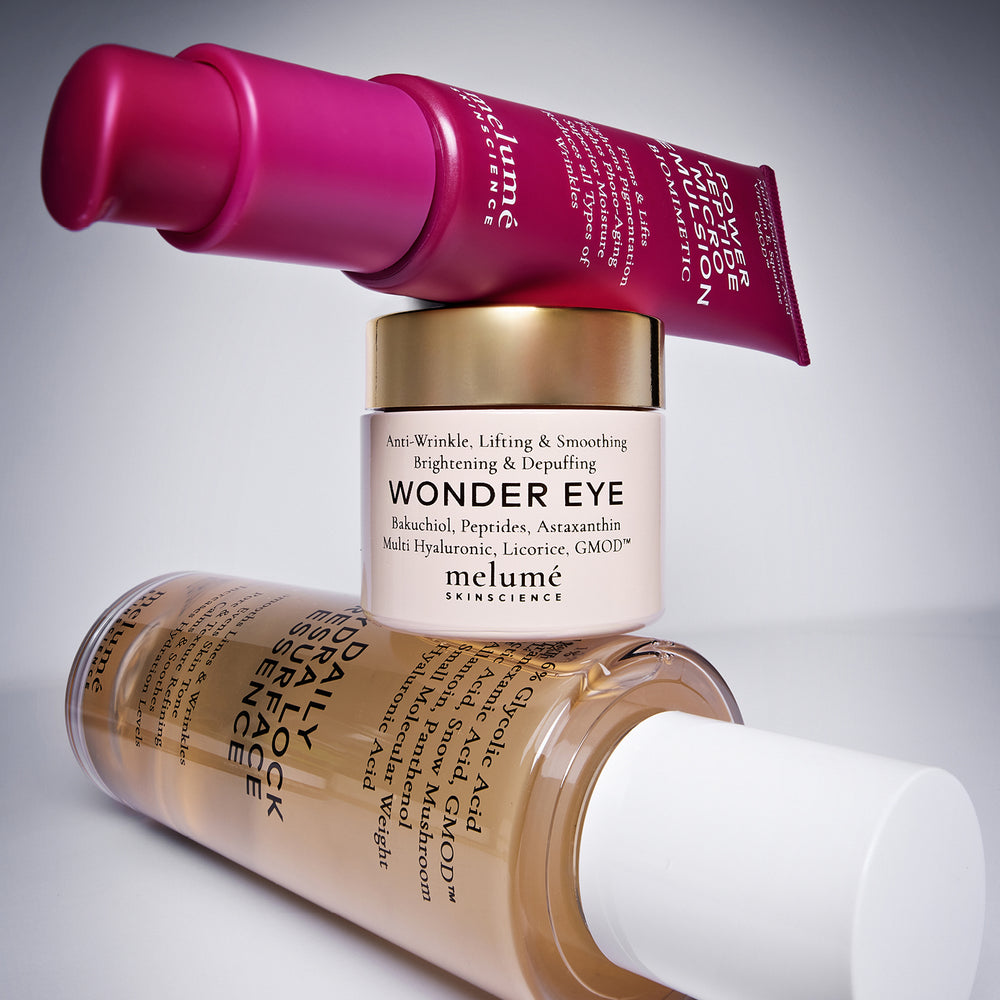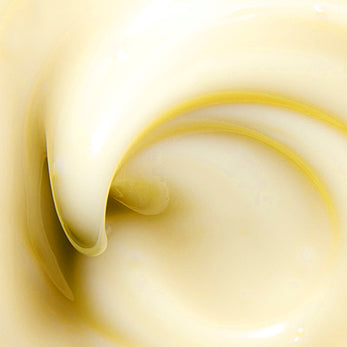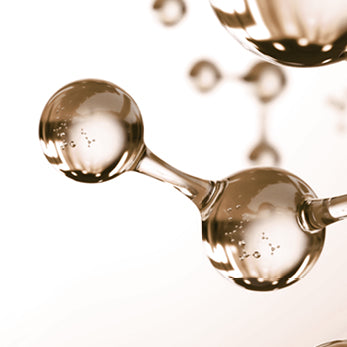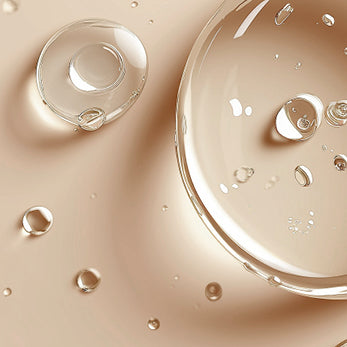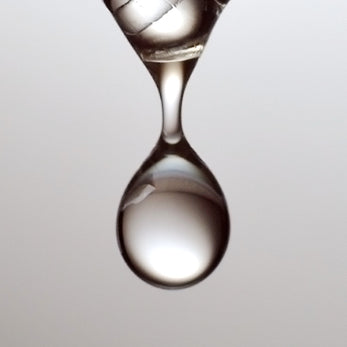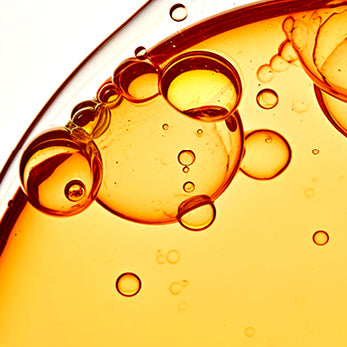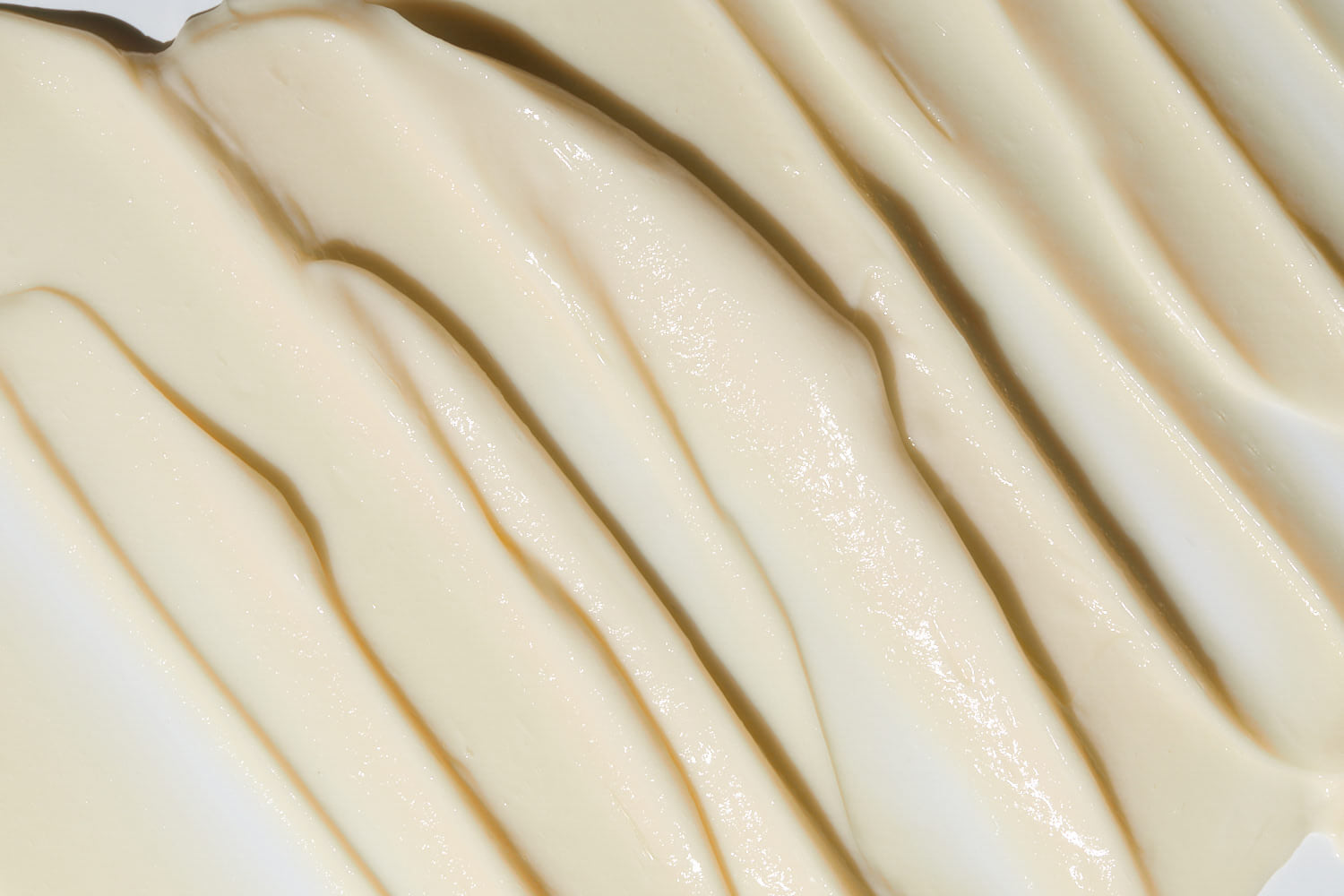INGREDIENTS A-Z
Daucus Carota Sativa Root Extract / Daucussativa Root Extract Provitamin A
SOURCE
Carrot
CATEGORY
WHAT IT DOES
Daucus Carota Sativa Root Extract, also known as carrot root extract, nelps to protect skin from damage caused by environmental stressors and improves its overall health and appearance. Known for containing the orange pigment beta-carotene (provitamin A).
Famous molecule for being a potent antioxidant and regenerative abilities.
Carrot oil also contains vitamin E and some fatty acids that give the oil further antioxidant and barrier-repairing properties.
Decyl Oleate
SOURCE
Botanical oil
CATEGORY
WHAT IT DOES
Decyl Oleate is a lightweight and non-greasy emollient that can moisturize and soften your skin.
Dimethyl Isosorbide
SOURCE
Synthetic
CATEGORY
WHAT IT DOES
Dimethyl Isosorbide is a solvent and enhancer for active ingredients: It enhances the penetration of active ingredients into your skin.
Dipropylene Glycol
SOURCE
Synthetic
CATEGORY
WHAT IT DOES
Dipropylene Glycol is a solvent and humectant: It is is soluble in water and many other solvents, making it a versatile ingredient in formulations. Dipropylene glycol also functions as a synthetic slip agent, texturizer. In its role as a solvent, dipropylene glycol effectively dissolves or suspends other components within a formulation without altering their properties. Dipropylene glycol facilitates the uniform dispersion of all elements in a cosmetic product and ensures the desired consistency for the product. Moreover, solvents such as dipropylene glycol are utilized to dilute formulations and reduce their viscosity. Viscosity here refers to the thickness or density of a product. Lowering the viscosity of a formulation enhances its spreadability when applied to the skin or hair. Solvents can also boost the effectiveness of active ingredients within a product formulation by improving their absorption into the skin. It finds particular utility as a solvent when combined with plant extracts, as it aids in enhancing their skin penetration. In its natural form, it exists as a clear, odorless liquid.
Disodium Cetearyl Sulfosuccinate
SOURCE
Coconut Oil / Botanical Oil
CATEGORY
WHAT IT DOES
Disodium cetearyl sulfosuccinate is a surfactant/surface active agent, made from citric acid and sodium salts. It is used as an emulsifying agent and helps to keep ingredients in suspension, or evenly distributed throughout a product.
Disodium Phosphate
SOURCE
Synthetic
CATEGORY
WHAT IT DOES
Disodium phosphate is a type of salt that is commonly used as a buffering agent.
Dextran
SOURCE
Corn, sugar beet
CATEGORY
WHAT IT DOES
Dextran is a natural polysaccharide, derived from natural sources like corn or sugar beet. It has a high molecular weight, which allows it to form a film on your skin, helping to lock in moisture and prevent water loss.
Dicaprylyl Ether
SOURCE
Botanical oil
CATEGORY
WHAT IT DOES
Dicaprylyl Ether is derived from coconut oil and is easily absorbed into your skin: It is used as an emollient and solvent that provides a smooth, silky texture to a product and helps to improve the spreadability of other ingredients.
